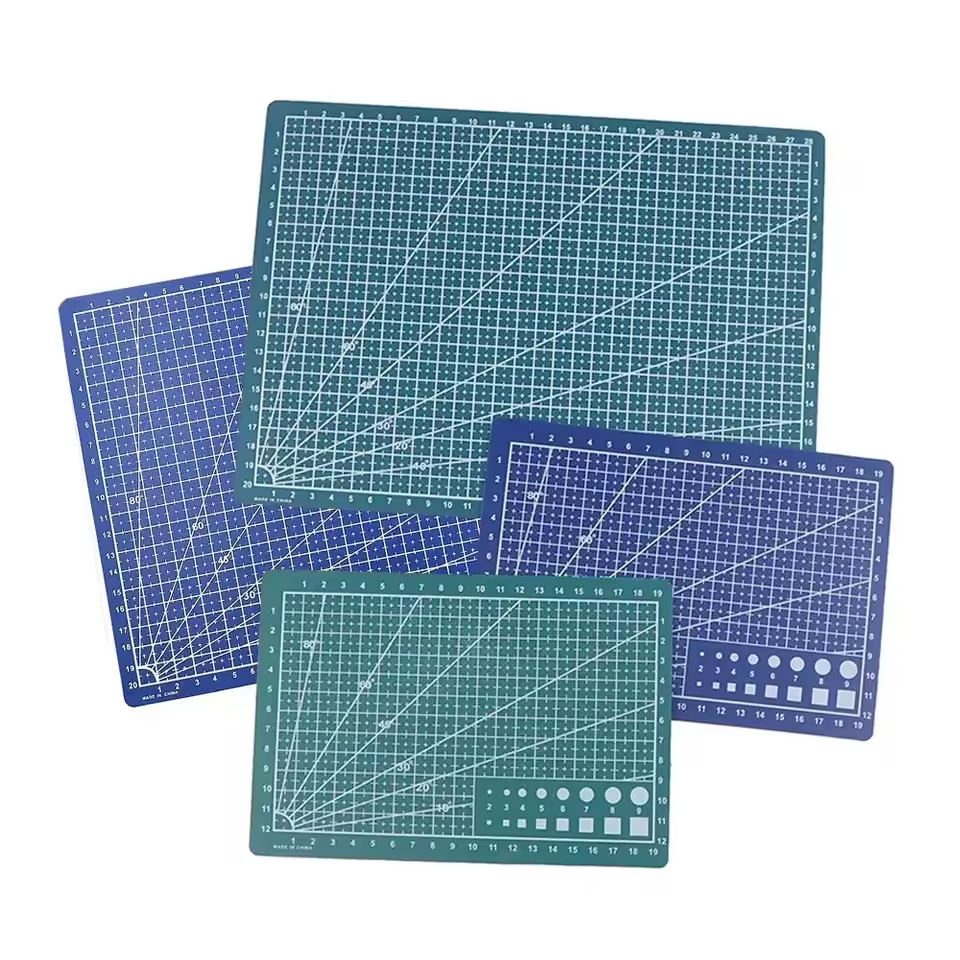This post is part of my video blog and you can find more information about this video.
You can support this channel on Patreon: patreon.com/JohnElliotV
Silly Job Title: Spark Specialist. I am the Spark Specialist!
In this video we take a look at what arrived in the mail from AliExpress and Amazon:
- 10PCS Condenser pick-up Microphone 9x7mm 9767 9×4.5mm 9745 6x5mm 6050 6×2.2mm 6022 4.5×2.2mm 4522 4×1.5mm 4015 MP3 Accessories (9x7mm microphone)
- Rectifier Diode Sample Book SMD SMA Assortment Kit 24 Values Schottky diodes M1 M4 M7 SS12 SS14 SS16 SS24 SS34 SS36 SS110 SS210 (24valuesX50pcs)
- TOGROP 4Pcs Doctor Scientist Lab Costume for Kids Role Play Thick White Coat Birthday Party Gift 2-12 Years (Colour Name: White; Size Name: 5-6T)
- 5pcs White Acrylic Marker,Permanent Pen Art Supplies for Black Paper,Tire,Plastic,Stone,Metal,Painting for Artists,Beginners (5pcs, CHINA)
- LED Same End Filament Flexible Ultra Slim 3V Spiral Bulb Filament Retro Edison Bulb Lamp Parts Diode Lighting Strip Decoration (6500K, 300mm)
- M2 M2.5 M3 M4 M5 M6 Brass Heat Insert Nut Hot Melt Nutinsert Thread Knurled Double Twill Embedment Nuts 3D Printer Accessories (80 Pcs)
- 8pcs Black and White Acrylic Paint Markers Set, Large Ink Capacity, Acrylic Markers for Illustration Sketching, Wood, Glass, Fab (4black4white, CHINA)
- 60Pcs Wire Thread Insert M3 M4 M5 M6 M8 M10 M12 Fastening Thread Insert Stainless Steel Spiral Wire Screw Sleeve Wear Repair Kit (60Pcs)
- 6PCS Sculpting Pottery Clay Tools Wood Handle Pottery Set Wax Carving Sculpt Smoothing Shaper Pottery Clay Ceramic Tool (6pcs)
- Heat Insert Nut Iron Tip Heat Set Insert Tips Soldering Iron Tips M2 M2.5 M3 M4 M5 M6 Brass Thread Embedded Kit 3D Printer Parts (Color: 1set heat insert nut)
- Heat Insert Nut Iron Tip M2 M3 M4 M5 M6 M8 Brass Thread Embedded Kit Heat Insertion Tool for Plastic 3D Printer Soldering Iron
- Angled Type Hose Plier Car Auto Fuel Vacuum Line Tube Hose Remover Separator Pliers Pipe Hand Tool (Color: Red)
- safety Test Clip Insulation Piercing Probes Clip Piercing Test Clip For Car Circuit Detection Diagnostic Tool test Clip Cable (type1)
- Heat Set Insert Soldering Iron Tip Head M2 M2.5 M3 M4 M5 M6 Hot Melt Insets Nut Brass Embedded Thread Insertion Kit For Plastic (7Pc Heat insert tips)
- 2Pcs 1M Double End Test Lead Wire Line Electrical Voltage 4mm Banana Plug Alligator Clip Crocodile 15A Multimeter DIY Test Wires
- safety Test Clip Insulation Piercing Probes Clip Piercing Test Clip For Car Circuit Detection Diagnostic Tool test Clip Cable (Color: type1)
- Thread Checker Screw Measurement Ruler Stainless Steel Caliper Metric Gauge Tool For Measuring Screw Pitch Bit Bolt Nut Screw (White)
- 10Pcs Diagnostic Tools Multimeter Test Lead Extention Back Piercing Needle Tip Probes Autotools Automotive Kit Machine 0.7MM (Length: 10Pcs)
- MOTARRO 1Pcs Rectangle Paint Tray Metal Palettes for Acrylic Oil Paint Watercolor Craft Professional DIY Art Painting Palette (MP166-4)
- 10pcs Disposable Plastic 5ml Injector Syringe No Needle for Lab Nutrient Measuring Small Pet Food Feeder (Without Needle) 2024
- Glue Applicator Syringe with Blunt Tip Needle and Cap, for Liquid, Glue, Ink, Perfume, Lip Gloss Making (Lead Color: 1 set)
- ANENG PT2003 Pen Extension Needle Tip 1 Pair Probe Tip Test Fine tip 1000V/10A Bendable Probe Detachable Accessories Tester Tool (Color: PT2003)
- ANENG PT2002 Insulation Piercing Needle 1mm Pin Non Destructive Multimeter Test Probe 10A 600V For 2mm Test Lead (Color: PT2002)
- 20Pcs SOT23 SOT23-3 Turn SIP3 Double-Side SMD Turn DIP SIP3 Adapter Converter Plate SOT SIP IC Socket PCB Board DIY Kit
- 1pcs/lot 14 16 18 20 24 28 32 40 P Pin 2.54 MM Green DIP Universal ZIF IC Socket Test Solder Type IC lock seat zif socket (40Pin Narrow)
- 1pcs/lot 14 16 18 20 24 28 32 40 P Pin 2.54 MM Green DIP Universal ZIF IC Socket Test Solder Type IC lock seat zif socket (40Pin wide)
- 100Pcs PH 2.0 Pitch JST 2Pin Male and Female Housing Connectors PH 2.0mm 2P Electrical Wire Connector (Right Angle)
- 10/50X 304 Stainless Steel Cross Recess Phillips Pan Round Head Flat End Self Tapping Screw M1.2 M1.4 M1.7 M2 M2.6 M3 M3.5 M4 M5 (50pcs M3, 16mm)
- 10/50X 304 Stainless Steel Cross Recess Phillips Pan Round Head Flat End Self Tapping Screw M1.2 M1.4 M1.7 M2 M2.6 M3 M3.5 M4 M5 (50pcs M3, 12mm)
- PLCC IC Chip Extractor Component Puller Removal Tool and Vacuum Suction Pen IC Pickup Pen for PCB Circuit Board Repair Tools Kit
- 1.8 inch/2.4 inch TFT LCD Display with EC11 Rotary Encoder Combined Module and SPI Interface ST7735S ST7789 for Arduino (Color: 1.8 inch)
- 1.8 inch/2.4 inch TFT LCD Display with EC11 Rotary Encoder Combined Module and SPI Interface ST7735S ST7789 for Arduino (Color: 2.4 inch)
- BST-66 Flying Wire Repair Spot Solder Pad + Soldering Pin for Mobile Phone IC BGA PCB Solder Pad Repair Pad Soldering Point Tool (Color: BST-66)
- 10Pcs/Lot Single Row 40Pin 2.54mm Round Female Pin Header
For how to use the PLCC IC Chip Extractor see this video: PLCC IC Chip Extractor demonstration. #firmware #pcb #USA.
Thanks very much for watching! And please remember to hit like and subscribe! :)
Following is a product I use picked at random from my collection which may appear in my videos. Clicking through on this to find and click on the green affiliate links before purchasing from eBay or AliExpress is a great way to support the channel at no cost to you. Thanks!
Yum Cha Precision Disassembly Screwdriver Kit With Spudgers |
Let’s go shopping!








